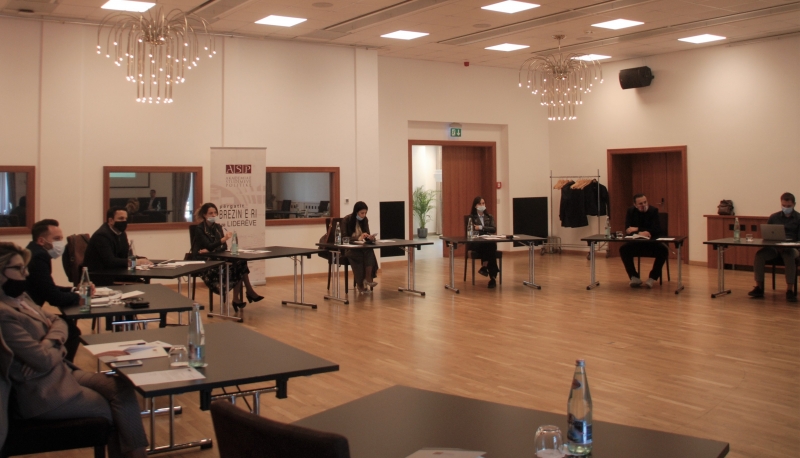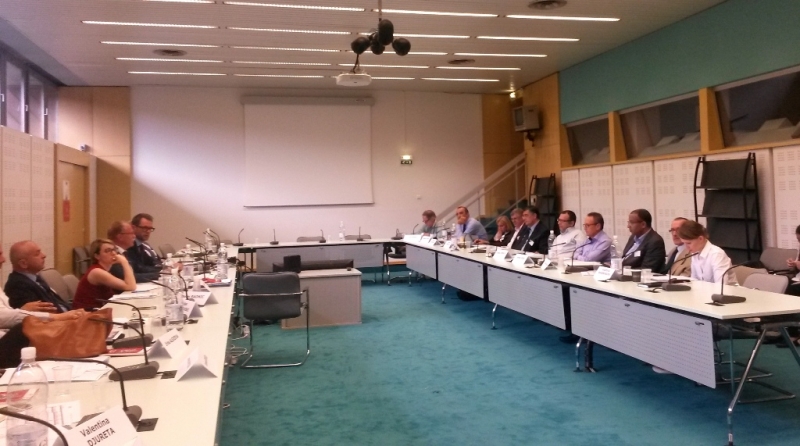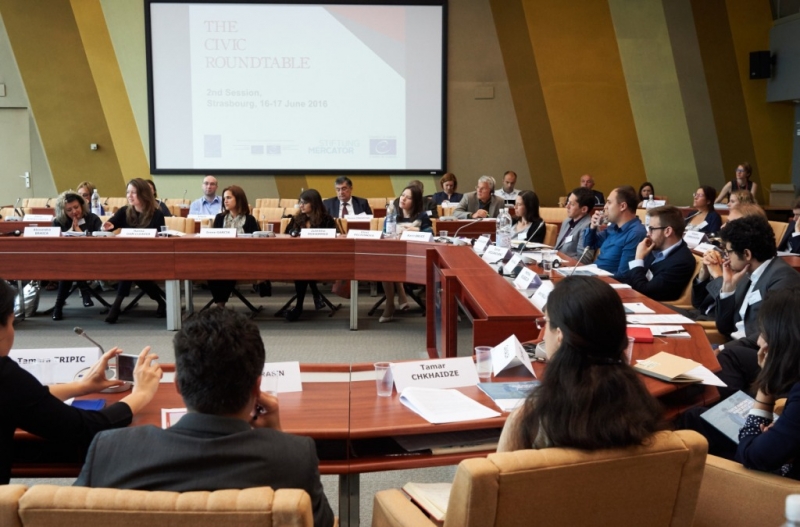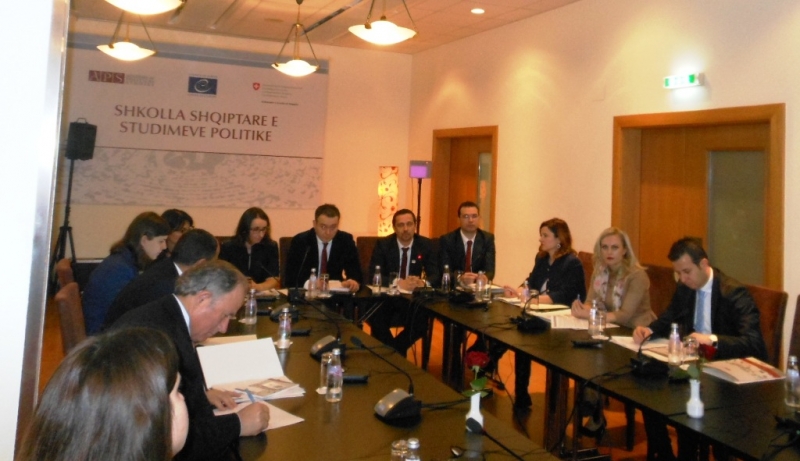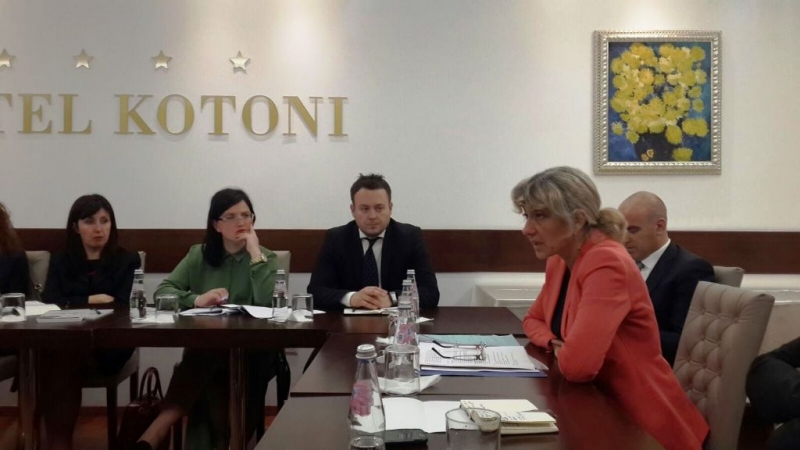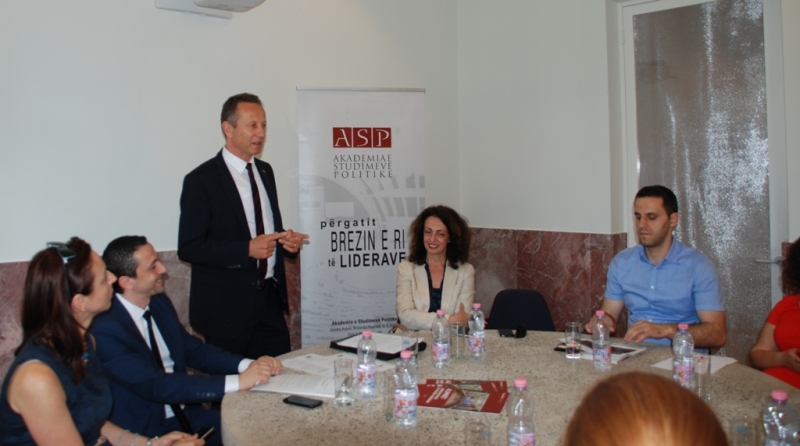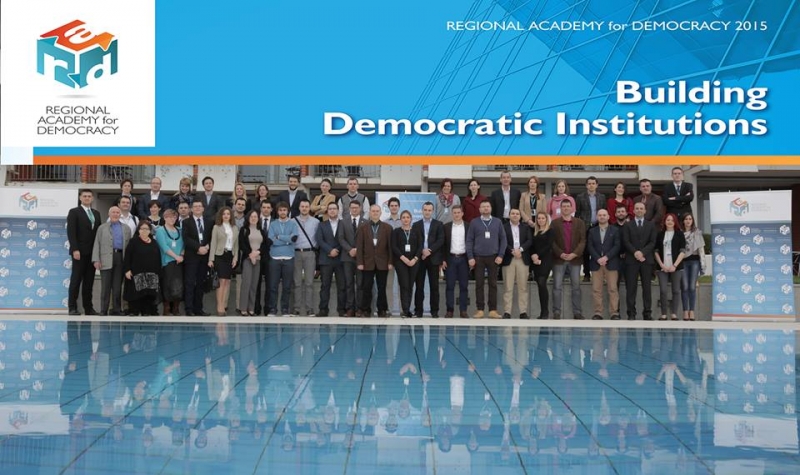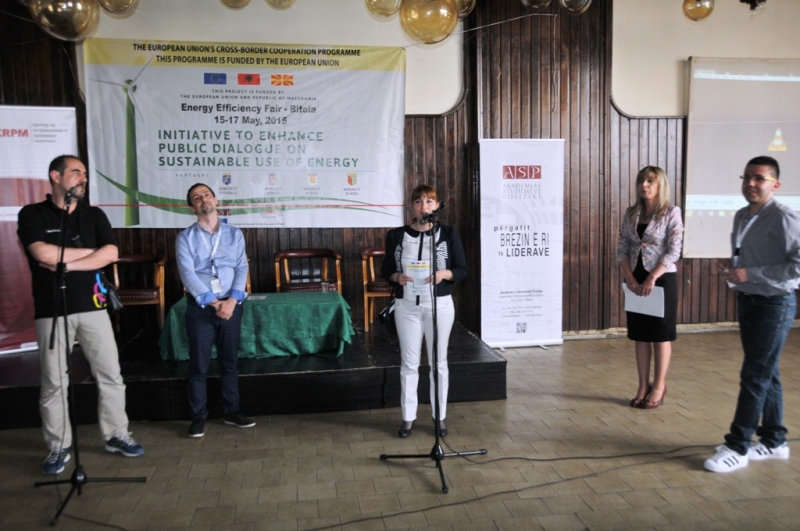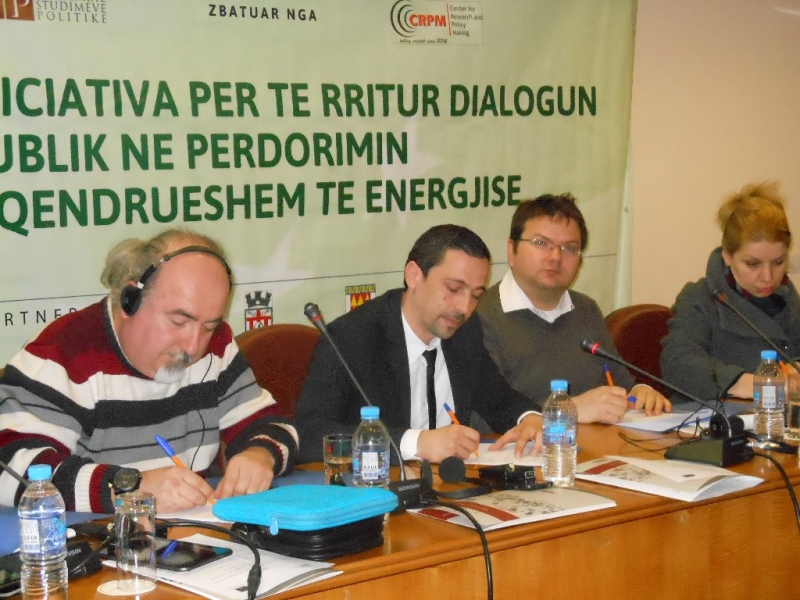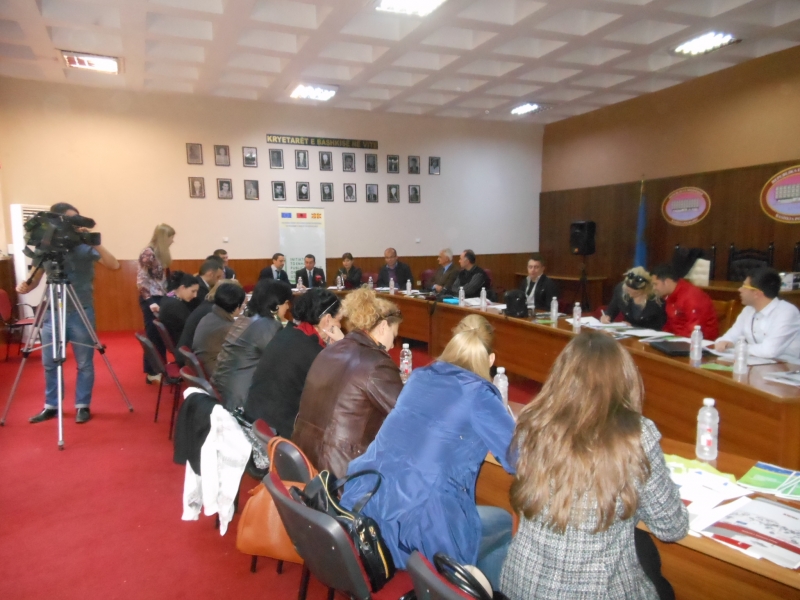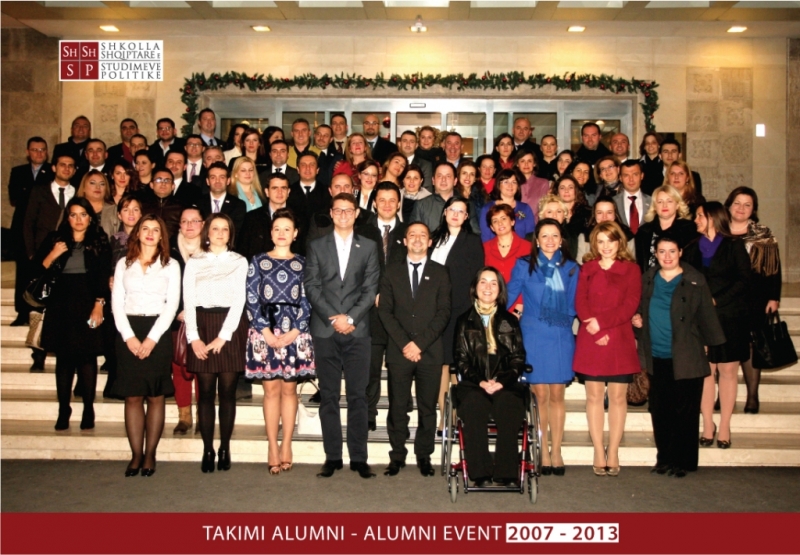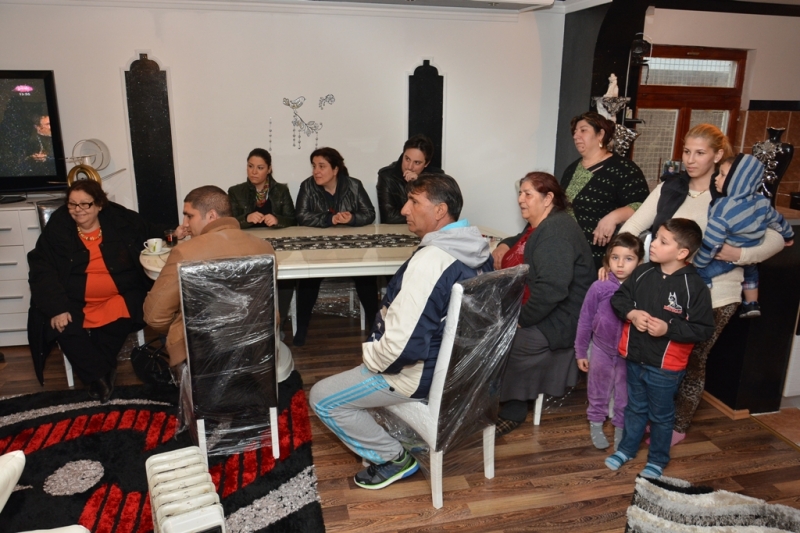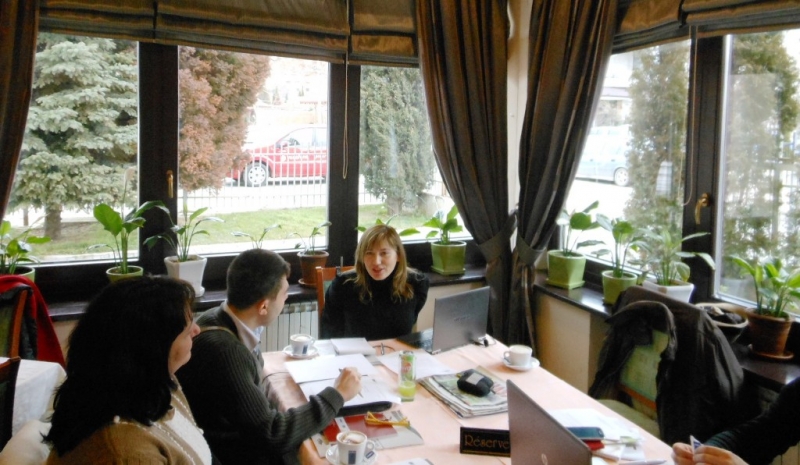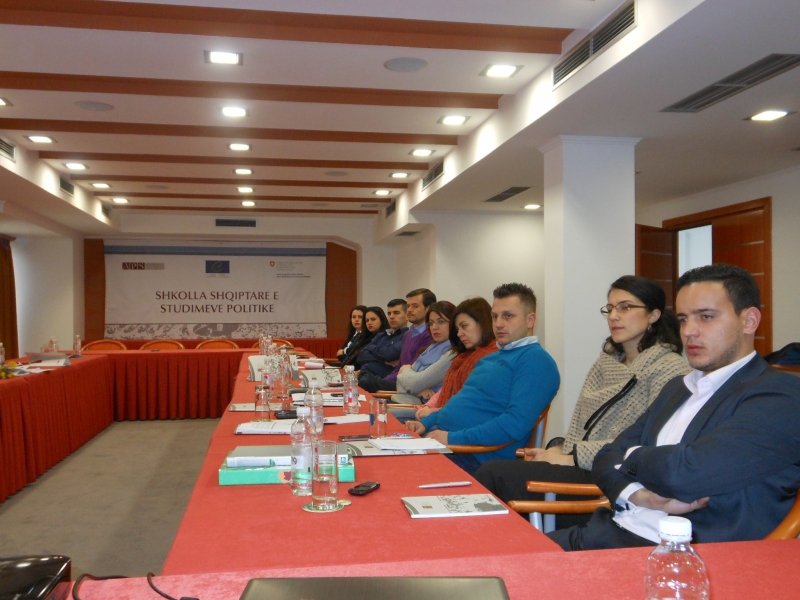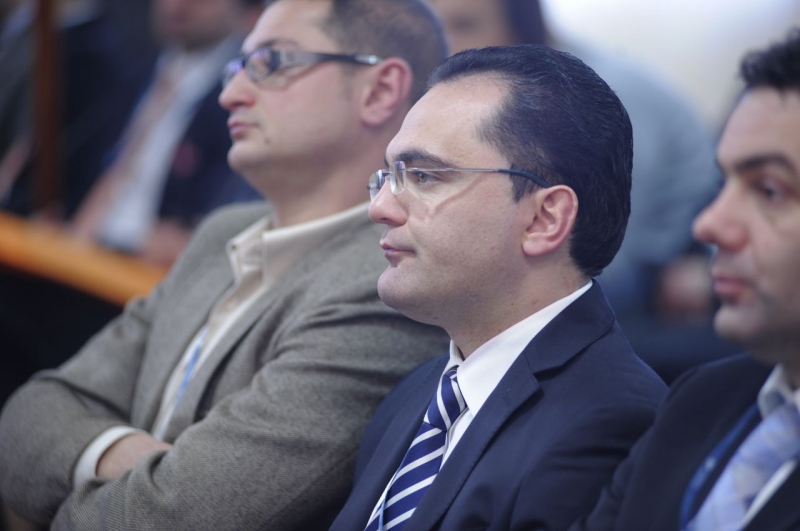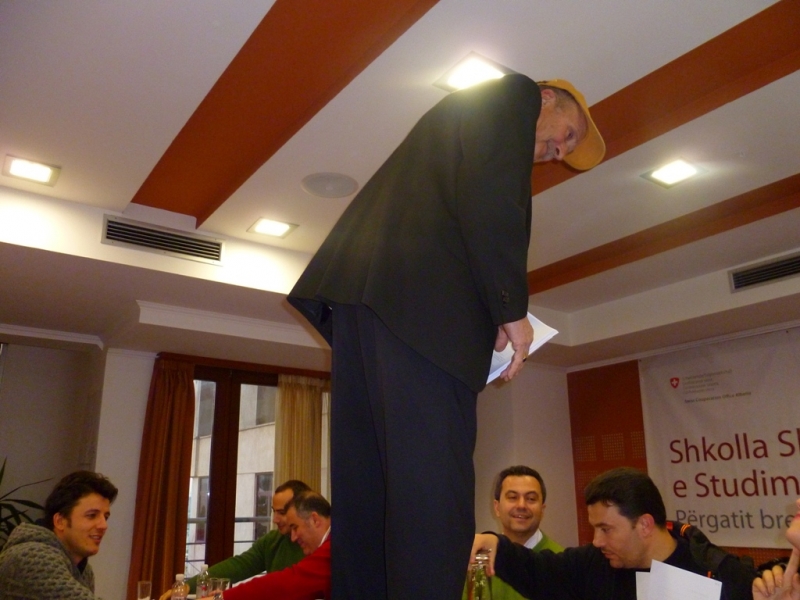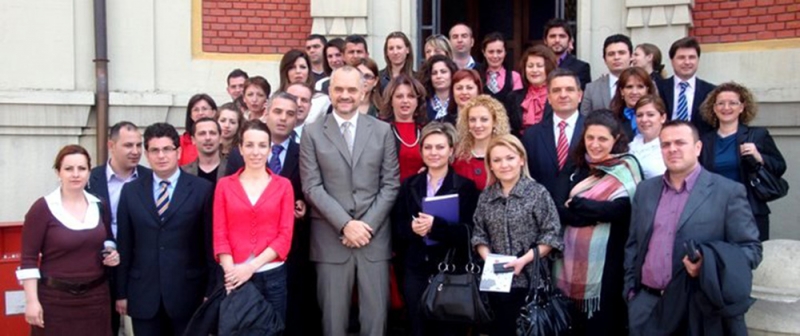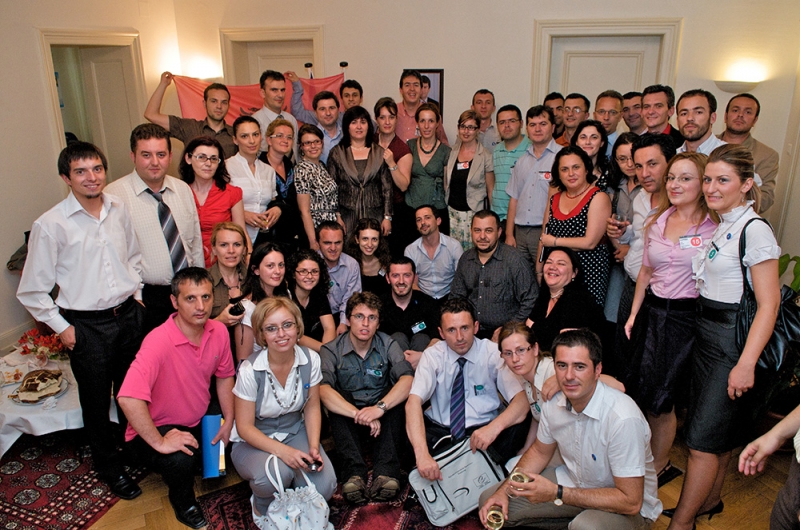THE PROGRAMME
COURSES
The program is carried out through January to November and consists of at least three major 3-day courses.
Each
course consists of lectures/presentations, question-and-answer
discussions, work in small groups on case studies, simulation games,
public discussions, etc. Presenters
will include academicians, experts, former and present high-ranking
elected officials and politicians, representatives of NGOs and the
media, alumni of the program. They are experts of national and
international level and they are selected with care in order to provide
an efficient combination of theoritical and practical aspects of the
topics of the schoolís programme.
The courses are organized
outside of the capital and provide a broad range of topics which are
altered every year. In addition to the academic programme, the courses
offer to the School participants visits to local institutions and social
and recreative events.
SEMINARS
Seminars are activities usually organized in the period between the courses. Their aim is to deepen the debate on topics that are part of the courses and/or that could not be sufficiently covered during the national courses so as to maintain a frequency of meetings. The seminars can also be organised in the form of trainings and workshops, aiming to build specific skills.
Meetings with senior government officials and study visits are part of seminars and aim to acquaint the participants with the organisation and functioning of political and government institutions through direct contact.
WORLD FORUM FOR DEMOCRACY
Meetings with senior government officials and study visits are part of seminars and aim to acquaint the participants with the organisation and functioning of political and government institutions through direct contact.
WORLD FORUM FOR DEMOCRACY
In 2006, in order to increase the profile/visibility of the programme and forge stronger ties between participants from the various schools, the closing seminars were merged for the first time into a single grand event, the Summer University for Democracy. This is a yearly event of the Schools of Political Studies which is organised in Strasbourg by the Council of Europe. About 600 future
political leaders meet to share, exchange and coordinate ideas,
activities and debate on a broad range of topics. Since 2012, the summer university is transformed in the Strasbourg World Forum for Democracy. Except schools' participants, members of civil society, elected officials, political leaders and journalists from more than 100 countries gather in Strasbourg.
MEETINGS & STUDY VISITS
Meetings with senior government officials and study visits aim to acquaint the participants with the organisation and functioning of political
PUBLIC POLICIES
Policy papers or initiatives aim to facilitate public policies and promote citizenís participation in decisionmaking processes.














